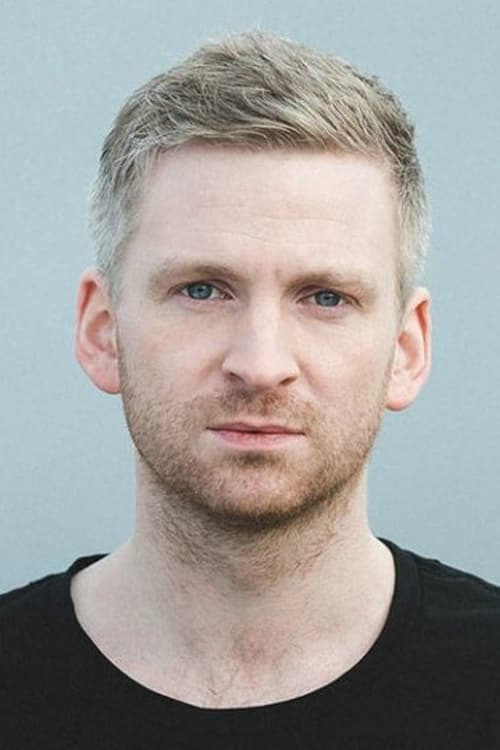The Invisible Front (2014)
Genre : Documentary, Drama
Runtime : 1H 27M
Director : Vincas Sruoginis, Jonas Ohman
Writer : Vincas Sruoginis, Jonas Ohman, Mark Johnston
Synopsis
Between 1944–1953, courageous resistance movement took place in the Baltic region of Europe, uniting the partisan troops for struggle against the Soviet Union. “The Invisible Front” was a coded name used by the Soviet Interior forces to describe the resistance movement in Lithuania. Film depicts the story of the fighters through the words and experience of the partisan leader, Juozas Luksa, and interviews with eyewitnesses of those events - both the partisans and the Soviet fighters. Tales of horror, torture and courage are told in the rare archival footage that has never been screened before, and interviews with the surviving members of the resistance movement.
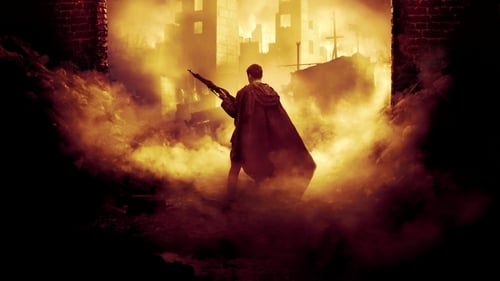
A Russian and a German sniper play a game of cat-and-mouse during the Battle of Stalingrad in WWII.
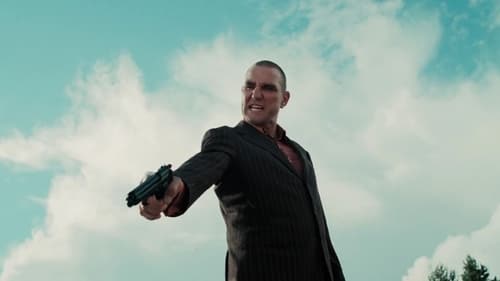
Four friends become stranded in Eastern Europe and have to become hit men, prostitutes, corrupt cops, smugglers and more to make it home.
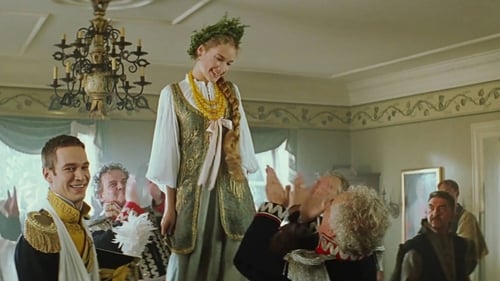
A grand and patriotic tale of Poland's struggle for freedom just before Napoleon's war with Russia. Written in poetic style by Adam Mickiewicz, this story follows two feuding Polish families as they overcome their old conflicts and petty lives. However, they are able to unite as one with their patriotic and rebellious efforts to free the country they deeply love from Russian control.

What would you get if you mix a gangster film and a soap opera? "Zero 2" is a crazy twister of criminal romance and sexy violence that just might laugh you to death.
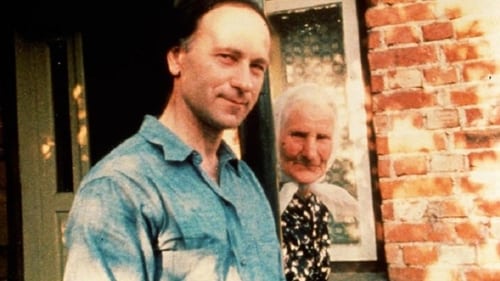
A 1971–72 documentary film by Jonas Mekas. It revolves around Mekas' trip back to Semeniškiai, the village of his birth.

Marius is a highly successful lawyer based in Vilnius. He becomes obsessed with Ali, a handsome Syrian refugee he first encounters in an online chatroom run out of Belgrade. Marius is rich and enjoys a vibrant social and cultural life. Nevertheless, he feels that something is missing from it. The journey from Lithuania to Serbia is a relatively short one, but can the two navigate their way through the gulf that separates their very different lives? And how do they deal with the precarious obstacles of the physical borders that stand between them? Written and directed by Romas Zabarauskas, The Lawyer questions assumptions about what it means to be an immigrant and the possibilities offered by life in contemporary Europe.

Rokas and Inga, a couple of young Lithuanians, volunteer to drive a cargo van of humanitarian aid to Ukraine. They cross the vast snowy lands of the Donbass region, drifting into the lives of those affected by the war.
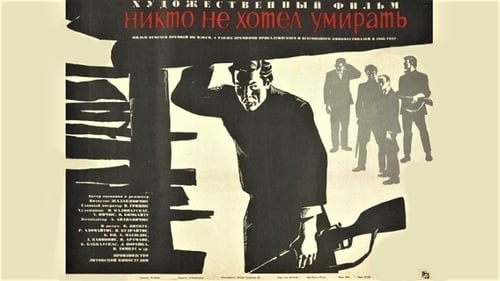
The film is set in Lithuania after the Second World War. It shows dramatic events in a small Lithuanian farming community, where people are split between the Soviets and the "brothers in the woods", who are fighting to defend their land from the Soviets after the end of the Second World War.

Adaptation of Hermann Sudermann's novel about the troubled relationship between the strong willed Erdme and her irascible husband Jons in the Lithunian moors.

Vladimir Ilyich Ulyanov, better known as Lenin, is remembered as the instigator of the October Revolution of 1917 and, therefore, as one of the men who changed the shape of the world at that time and forever, but perhaps the actual events happened in a way different from that narrated in the history books…

An ethnographic treasure that documents with visual bravado the harsh conditions of life in the isolated mountain village of Ushkul.

Lithuanian photographer, the legend of Soviet Sixties' generation Vitas Luckus tragically passed away in 1987. Yet the life and times of the talented rebel still impassion and lead us to a journey questioning why, at all times, we are wary of those who are really free.
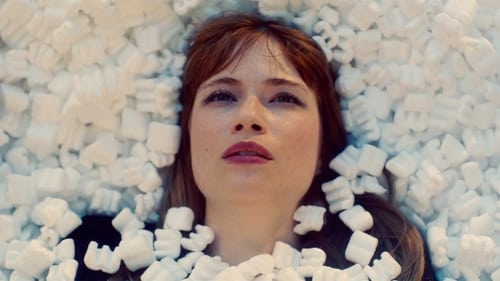
Other Girls tells the story of four young girls nearing graduation, all of them struggling with various issues.

The atmosphere of a corridor between yesterday and tomorrow, where many doors open into the unknown. A series of faces, gestures and images both real and imagined time. A fragmentary narrative without dialogue depicting several people in Vilnius.

Portrait of 80 year old Gustav J., born in Lithuania, who became a blacksmith and whose paths of life led him to East Prussia, Russia and finally to Germany.

Between 1944–1953, courageous resistance movement took place in the Baltic region of Europe, uniting the partisan troops for struggle against the Soviet Union. “The Invisible Front” was a coded name used by the Soviet Interior forces to describe the resistance movement in Lithuania. Film depicts the story of the fighters through the words and experience of the partisan leader, Juozas Luksa, and interviews with eyewitnesses of those events - both the partisans and the Soviet fighters. Tales of horror, torture and courage are told in the rare archival footage that has never been screened before, and interviews with the surviving members of the resistance movement.

Film deals with Stakhanovite movement. Old miners try to sabotage young man's plan to renew methods of getting coal.
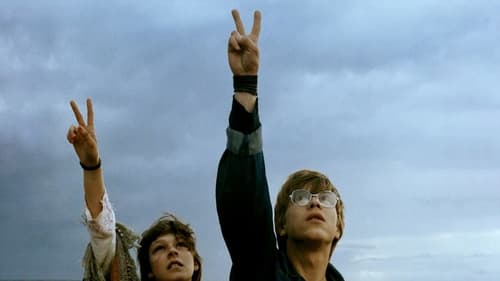
Kaunas, Lithuania, 1972... Young people are sitting in the Hotel "America" basement and listen to Western Radio.

This is the first documentary about the singer Marijonas Mikutavičius. Marijonas Mikutavičius, who is celebrating his fiftieth birthday this year, has been on stage since he was 18 and his song "Trys milijonai (Three millions)" has been called Lithuania's second national anthem. In the film, director Eimantas Belickas allows the viewer to be with Marijonas in his intimate surroundings, without the mask. As one of the country's most popular singers, Marijonas is a man, a father, a Lithuanian citizen, just like many of us. The viewer can see this clearly in the film, but at the same time it becomes clear that creativity makes the singer a unique personality.

When Paul Runge, a soldier of the Red Army, returns home to Koordi after the war, he sees that, despite the new regime, life in Koordi hasn't changed. It's still a abandoned, uncultured Estonian village, where rich landlords still oppress the population. Runge starts talking about founding a kolkhoze.



